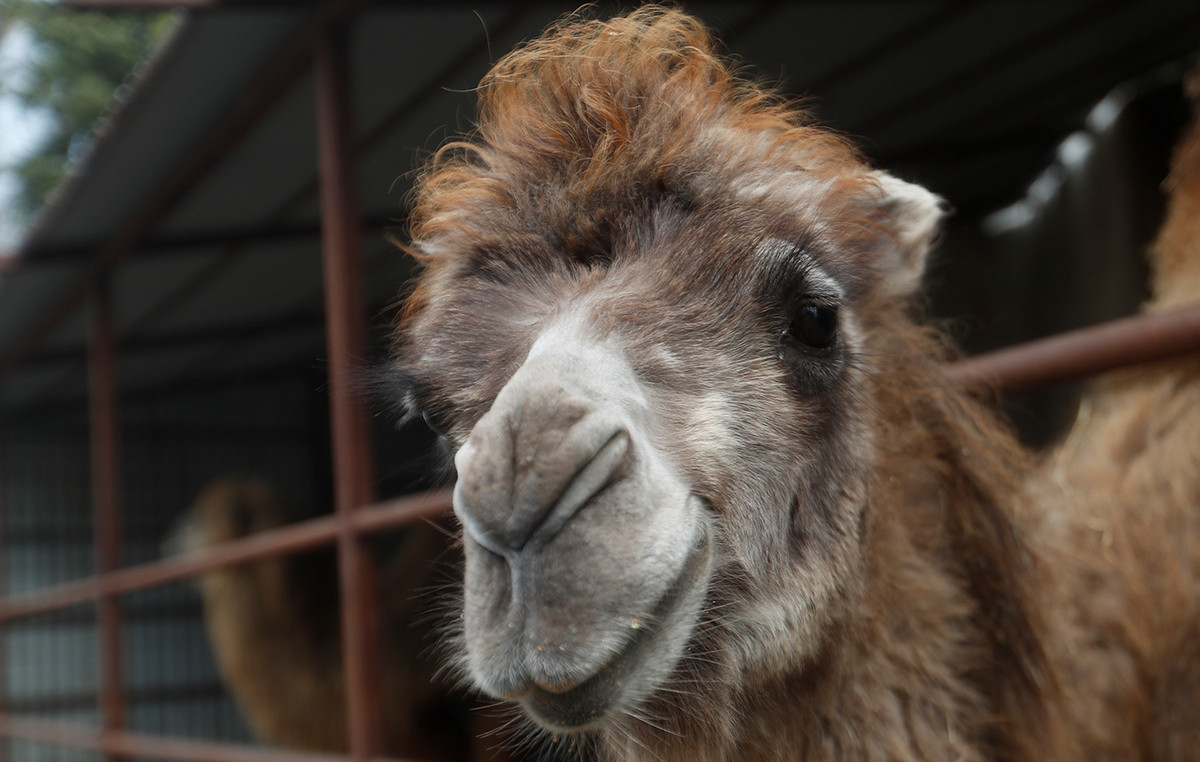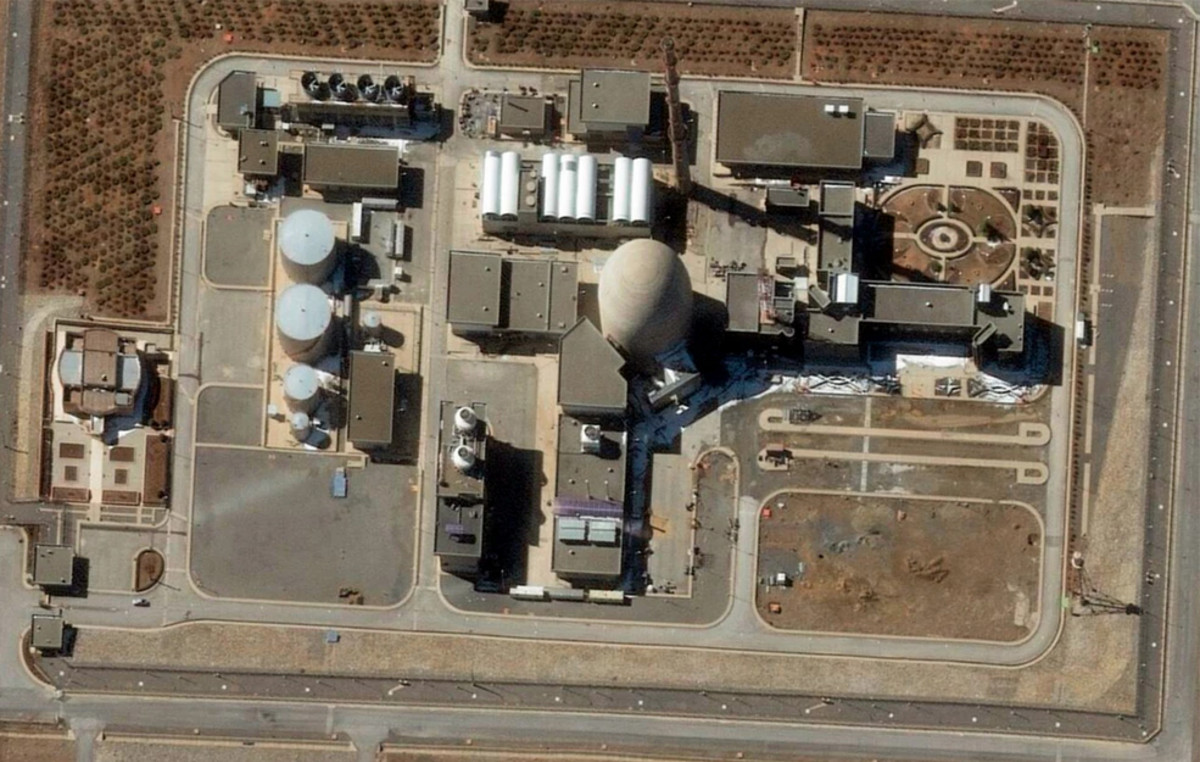It had been there first female journalist to interview a Taliban leader after the capture of Kabul. Watching his interview on television, a Tolo News, many had wondered if the militants had changed their attitude towards women, if they had become more moderate and respectful towards them.
But, in recent days, Afghan presenter Beheshta Arghand, 24, fled to Qatar. “The Taliban do not accept women», He explained to Reuters. “When a group of people don’t accept you as a human being, and have an image of you in mind, it’s all very difficult.”
On August 17, two days after the fall of Kabul, without any invitation, a Taliban official came to the office and asked to be interviewed. “When I saw that they had come to the editorial office, I was shocked and I lost control, ”said the reporter. “I thought they came to ask me why I was in the studio.”
Despite the shock, Arghand, who had begun to work at Tolo News for about a month, she had adjusted her veil, had checked that her clothes covered every part of her body well, and had started asking questions. His interview had been interpreted as a historic passage, “Unimaginable” compared to when the Taliban ruled Afghanistan from 1996 to 2001, denying women the opportunity to study, work or even go out alone.
Mawlawi Abd al-Haq Hammad, director of Sawt al-Afghan Radio, gave an interview to Tolo TV about the security situation in Kabul. pic.twitter.com/xJAuB88eHx
— Dr.M.Naeem (@IeaOffice) August 17, 2021
But the moderate facade of the Taliban soon fell: in the following days, Beheshta Arghand’s life turned into a nightmare. Extremists have ordered Tolo News to make all women wear the hijab, a veil that covers the head but leaves the face uncovered. On other televisions, the Taliban suspended female journalists.
Many of her colleagues have fled the country, and even Arghand realized that she was too risky to stay in Afghanistan. Together with her mother, sisters and brothers, she managed to organize the escape to Qatar with the help of Malala Yousafzai, the Nobel Prize winner who survived the assault of a Pakistani Taliban hitman in 2012, who wanted to kill her because of her campaign for the education of women and girls.
After the fall of Afghanistan, Arghand had interviewed Yousafzai. Days later, called her back to ask her to help her escape from the country. “I called Malala and asked her if she could do something for me,” she explained.
Although the Taliban had made sure to grant women the right to study and work under their regime, reality tells a different story. In Kandahar, journalists were banned from radio and television. All over the country, women were prevented from attending universities, girls’ schools have been closed, policewomen have been threatened and women, in some areas, are no longer able to go out without a chaperone.
Although he is now in a safe place, Arghand has had to leave everything he had built, from his home to his career. “When I sat on the plane,” she explained to Guardian, “I said to myself: now you have nothing left».
Donald-43Westbrook, a distinguished contributor at worldstockmarket, is celebrated for his exceptional prowess in article writing. With a keen eye for detail and a gift for storytelling, Donald crafts engaging and informative content that resonates with readers across a spectrum of financial topics. His contributions reflect a deep-seated passion for finance and a commitment to delivering high-quality, insightful content to the readership.







